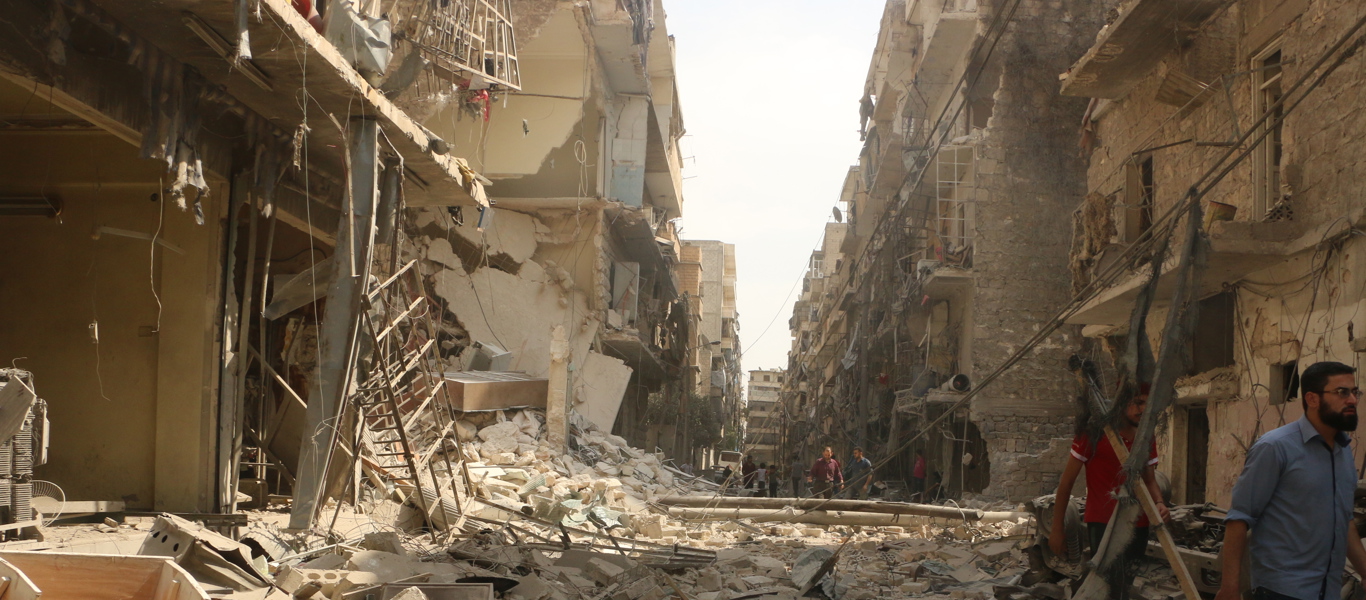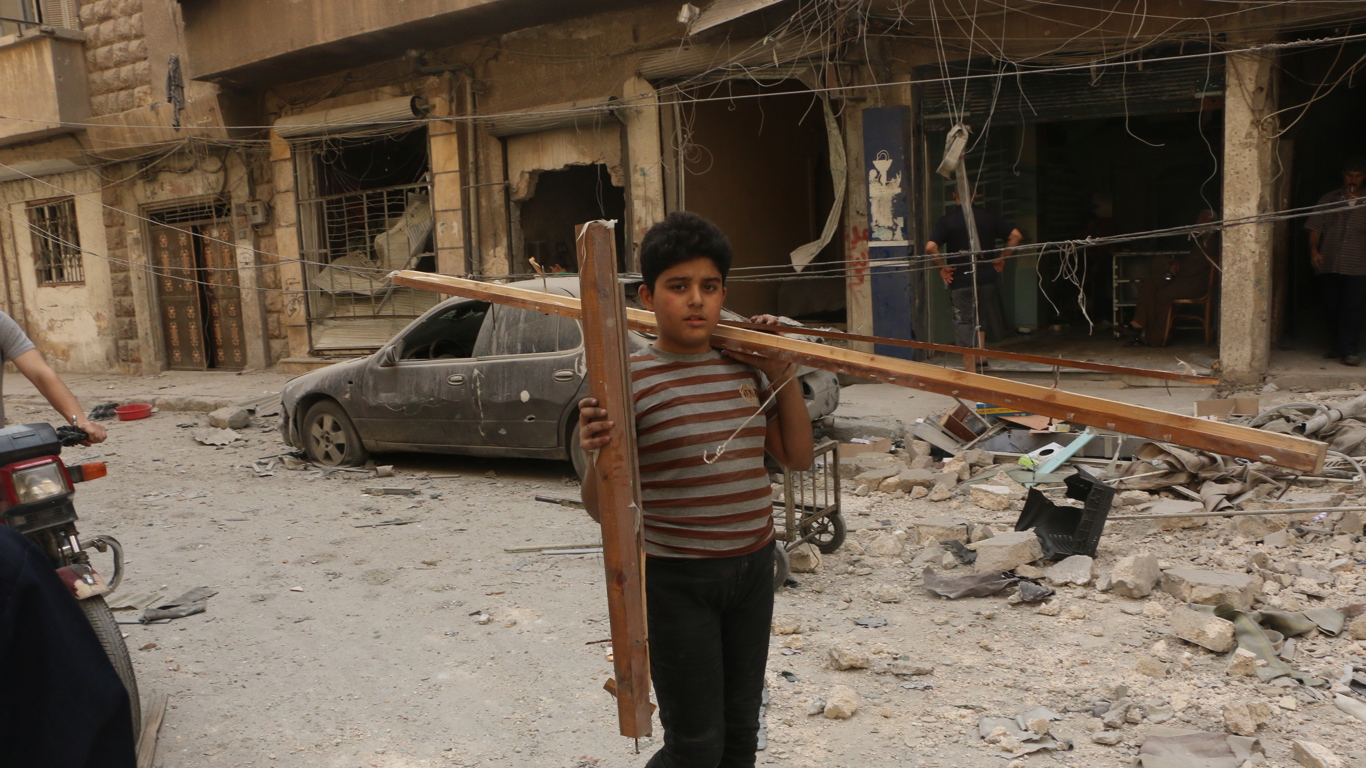
Explosion in Lebanon Kills 20 People
Syria Relief is on the ground in Lebanon providing vital humanitarian aid to Syrian refugees and the host community.
In the early hours of Sunday morning, a fuel tank explosion in northern Lebanon killed at least 20 people and injured 79, the latest disaster to occur in a country beset by crisis.
The explosion - which occurred in the impoverished Akkar region - evoked distressing memories of last year’s Beirut port explosion, which killed more than 200 people and destroyed vast swathes of the capital city Beirut.
Lebanon is currently experiencing one of the worst economic crises the world has seen since the 1850s, leading to spiraling rates of poverty and soaring fuel prices.
The economic crisis has caused a fuel crisis, with severe shortages plunging the country into hours of darkness. Over the past week the crisis has worsened further, with the central bank’s decision to end fuel subsidies leading to rapid price hikes of almost all products in Lebanon, a nation already hit by hyperinflation. In addition, the scarcity of fuel has triggered a huge increase in illegality - the past week alone has seen dozens of fuel tankers hijacked.
The actual cause of the blast itself was unclear, but the urgent need for fuel could not be more evident.
With Lebanon in the grip of a major health crisis, hospitals in rural Akkar were ill-equipped to cope with the impact of the explosion. One Akkar hospital had to turn away most of the wounded because it is unable to treat severe burns, while other medical facilities were overwhelmed by the number of blast victims.
The explosion comes just days after the year anniversary of the explosion in Beirut which heaped further pressure on the country’s economy and healthcare system. Prior to the disaster, healthcare infrastructure was already under strain as a result of the economic crisis. By destroying five hospitals and 12 healthcare centres, the blast pushed the healthcare system to the brink of collapse.
The situation in Lebanon has deteriorated to deeply distressing levels - for many households, basic services such as water, electricity and education are painfully out of reach. The Lebanese currency has plummeted, meaning that everyday items are incredibly difficult to afford. 77% of households in Lebanon do not have enough food or enough money to buy food. In Syrian refugee households, the figure reaches 99%. If the situation continues, the human impact could become catastrophic.

